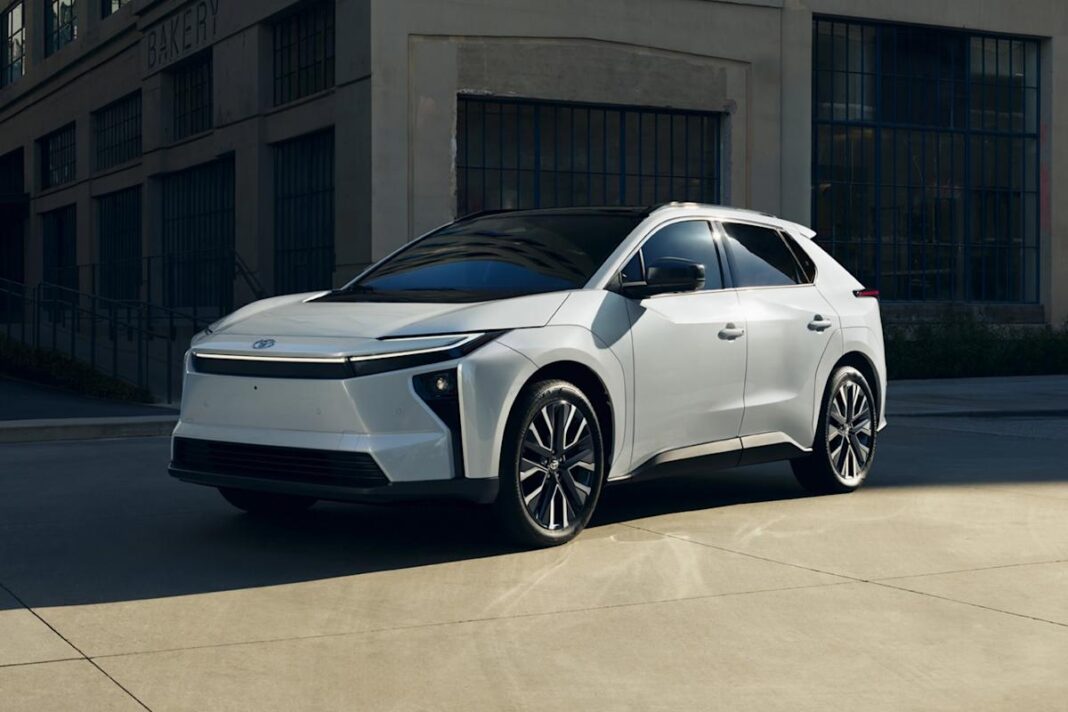Toyota is putting its long-awaited 2026 bZ electric SUV on the market at a lower starting price. The strategic move alongside new upgrades has drivers excited. The automaker’s latest car is making EV ownership more accessible while being eco-conscious.
Electrek reported that Toyota’s new 2026 bZ electric SUV is replacing its bZ4X model. The successor is bringing a host of improvements.
The redesign makes it a stylish and unique ride. A higher range gives better mileage per charge. Its built-in North American Charging Standard port allows recharging at Tesla Superchargers.
With these enhancements, the bZ starts at $34,900.
The base XLE FWD trim on a 57.7-kilowatt-hour battery offers 236 miles of range. The extended-range XLE FWD Plus trim reaches up to 314 miles of driving range on a larger 74.7-kilowatt-hour battery.
The price, range, and performance make the 2026 Toyota bZ a compelling option. Toyota anticipates its new EV will arrive at dealerships in the second half of 2025.
An affordable, high-performing EV is excellent news for consumers and the planet.
EV owners spend about 60% less on “fuel” each year compared to gasoline vehicles. They benefit from less frequent and costly maintenance, plus no oil changes. Features like large touchscreens and fast charging can make driving easier and enjoyable.
Installing solar panels also increases the cost savings of EV ownership. Solar energy is cheaper than using public charging stations or relying on the grid. EnergySage compares quotes from vetted local installers to save up to $10,000 on solar power.
Some have noted the environmental impact of EV battery manufacturing and mineral extraction. Roughly 30 million tons of minerals are used each year for the clean energy transition.
|
Are you thinking about buying an electric vehicle? Yes — in the next 6 months Yes — but not in the next 6 months Already own one Nope Click your choice to see results and speak your mind. |
In comparison, this is less than the 16.5 billion tons of dirty fuels we currently dig out of the Earth each year. These burned and lost dirty fuels do more damage, while EV battery minerals are reusable.
A study from MIT showed the difference between gas-powered and electric cars.
Internal combustion engines create an average of 350 grams of carbon air pollution. This value was per mile over the car’s lifetime. EVs on an average U.S. power grid produce only 200 grams.
A Tesla Model 3 makes up for its environmental costs compared to a Toyota Corolla after 13,500 miles. Driving an EV can improve air quality and reduce planet-overheating pollution.
Join our free newsletter for good news and useful tips, and don’t miss this cool list of easy ways to help yourself while helping the planet.





